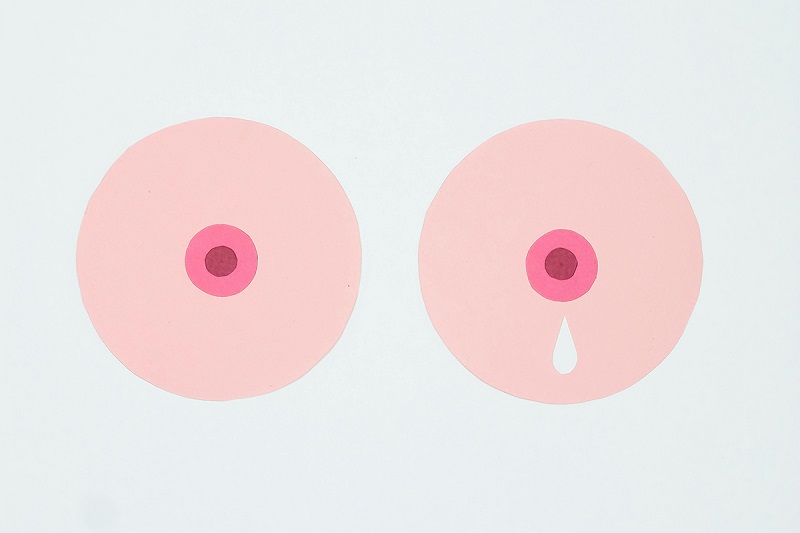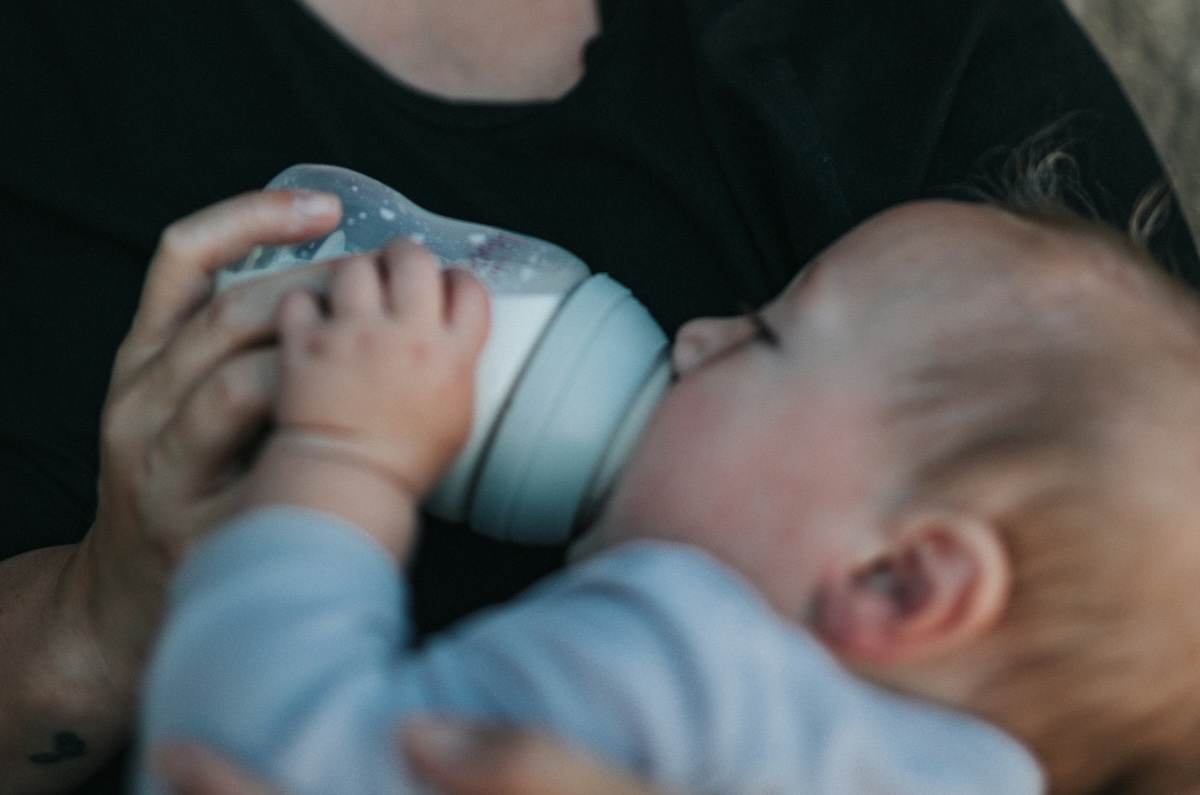I have a question regarding breast milk production after weaning. I am eight years past weaning and my breasts are still producing milk. It’s not a lot, and I only notice it from time to time in the shower as I see small dried milk dots on my nipples. I can express small amounts, too, although I avoid doing that. In addition, some glands are producing green milk! I have had mammograms, ultrasounds, blood work, and even a brain MRI to check my pituitary gland, and there have been no answers as to why this is happening. Is this normal? Should I push to consult with a specialist or just accept it? I am 41 and premenopausal, and I have pretty well-managed Hashimoto’s disease. I also wonder if this milk-making has affected my ability to lose weight and other hormones.
—Tired of Making Milk
It is not unusual for women to continue to see small amounts of milk similar to what you describe for quite some time after weaning, but eight years is not typical. Most women will stop seeing breast milk within a few months after weaning. It sounds like you have had a lot of the anxiety-provoking causes of breast discharge ruled out.
Continued lactation may be caused by elevated levels of the hormones prolactin or oxytocin. Increased prolactin can be caused by nipple stimulation; a benign tumor in the pituitary gland; certain medications, including antipsychotics and SSRIs; and some viral infections, including COVID.

Prolactin levels that are only mildly elevated can be due to pituitary tumors that are too small to be seen. Just because you had an MRI that did not show a pituitary tumor does not mean that a tumor isn’t present. Some people have idiopathic (doctor-speak meaning we have no idea why) high prolactin levels, for which no cause can be identified.
An endocrinologist can test prolactin levels in the blood and determine whether a new MRI or treatment with medication is warranted. There are some subtleties to obtaining accurate results, including special manipulations that can be performed at the lab. As a result, it is reasonable to consult with a specialist.
Oxytocin levels can be increased by nipple stimulation and significant stress. This is less likely to be a cause for continued milk production in the absence of very frequent stimulation.
If your periods are regular and you have ruled out breast cancer — although breast cancer typically causes bloody breast discharge — continued breast milk production is annoying but not dangerous. However, increased prolactin in particular has been associated with increased weight, and treating high prolactin levels is associated with weight loss.
Birth control pills and medications that act like dopamine in the pituitary gland can stop breast milk production in many cases. Endocrinologists are very familiar with prescribing these medications. Stopping medications that can increase prolactin may not be recommended because they may be critical for patients’ mental health. In my practice, I will always defer to the treating psychiatrist regarding whether changing medications is appropriate. However, breast milk production can still be treated with medications when it is due to antipsychotics or SSRIs.
The upshot: Continued breast milk production more than several months after weaning is abnormal, but if your periods are regular and breast cancer has been ruled out, it is annoying rather than dangerous. In many cases, continued lactation can be addressed with medications, so it is reasonable to see an endocrinologist who has experience with those medications and can determine if treatment is appropriate.
Community Guidelines




















Log in